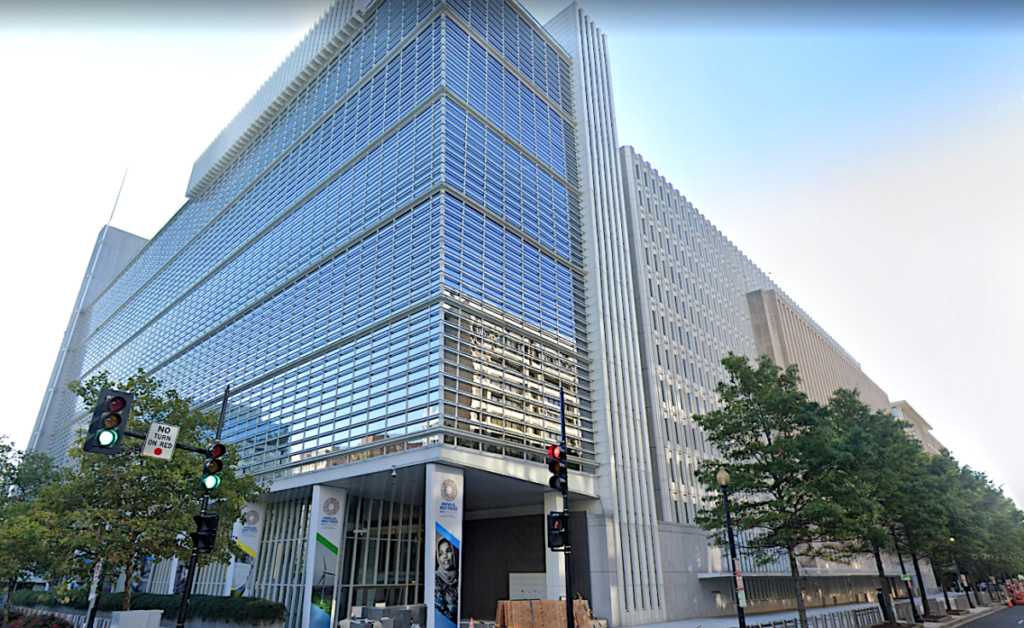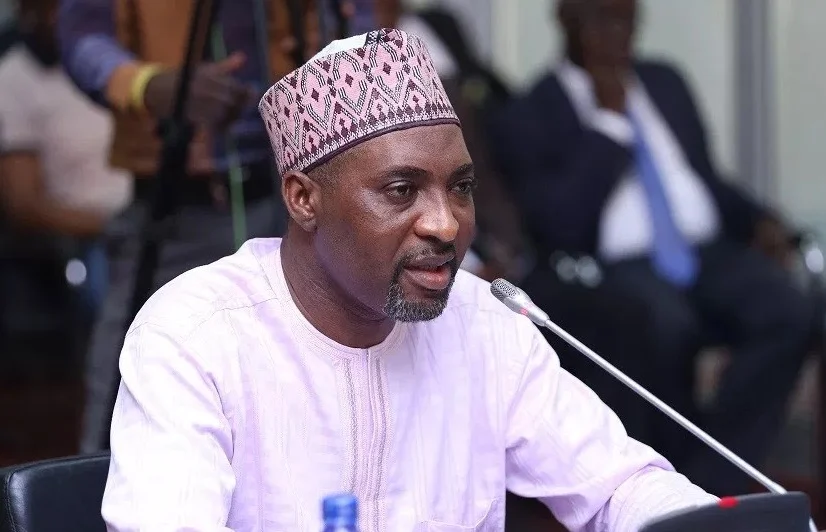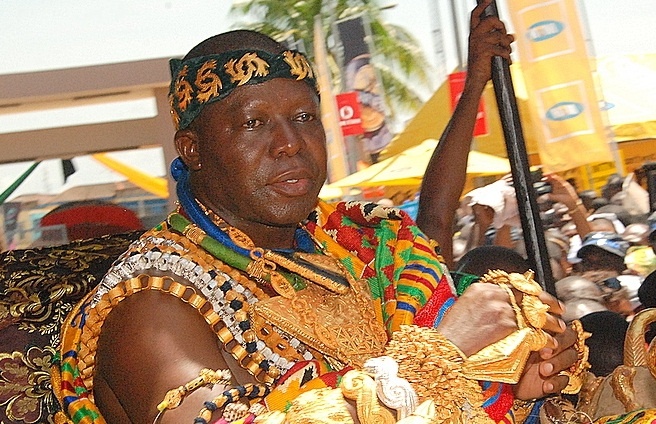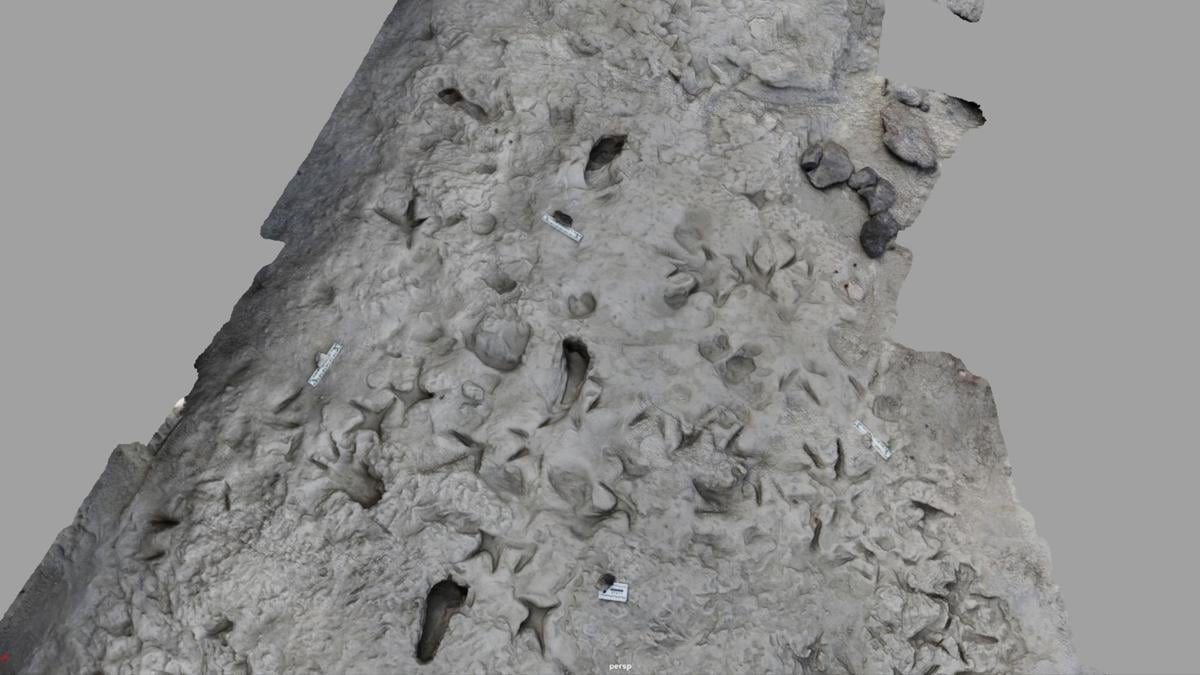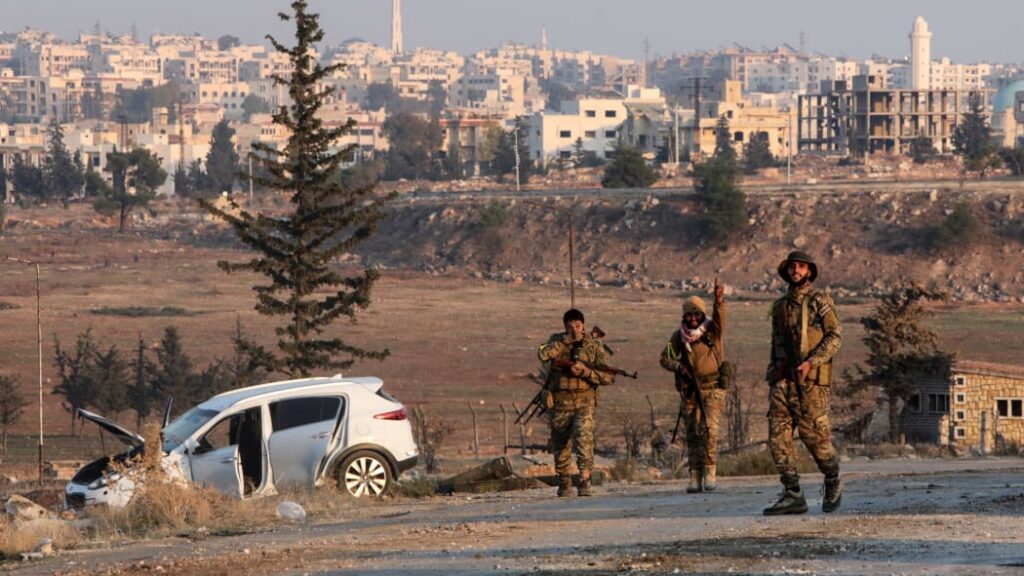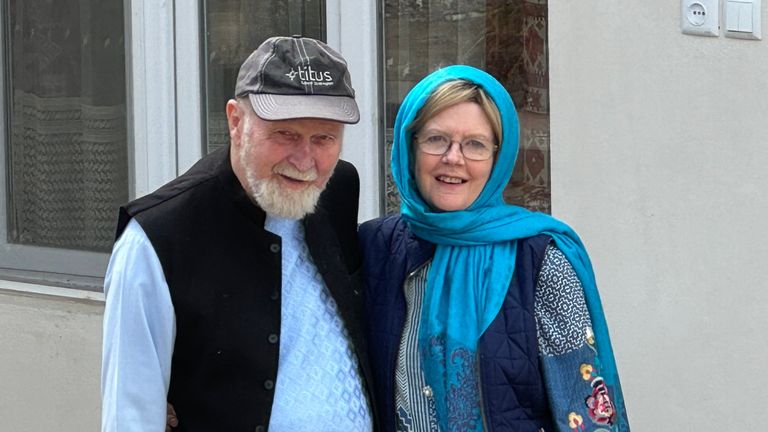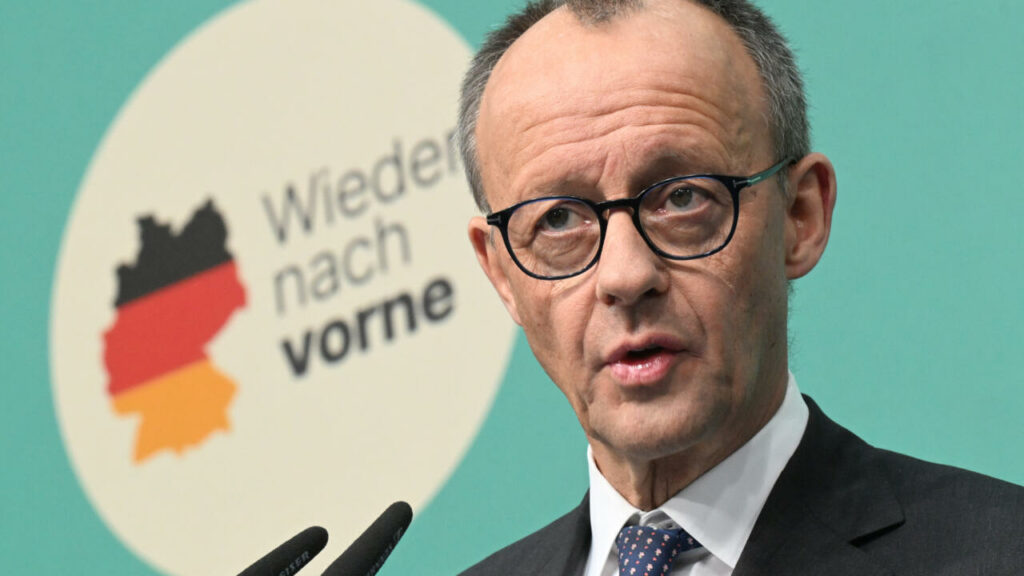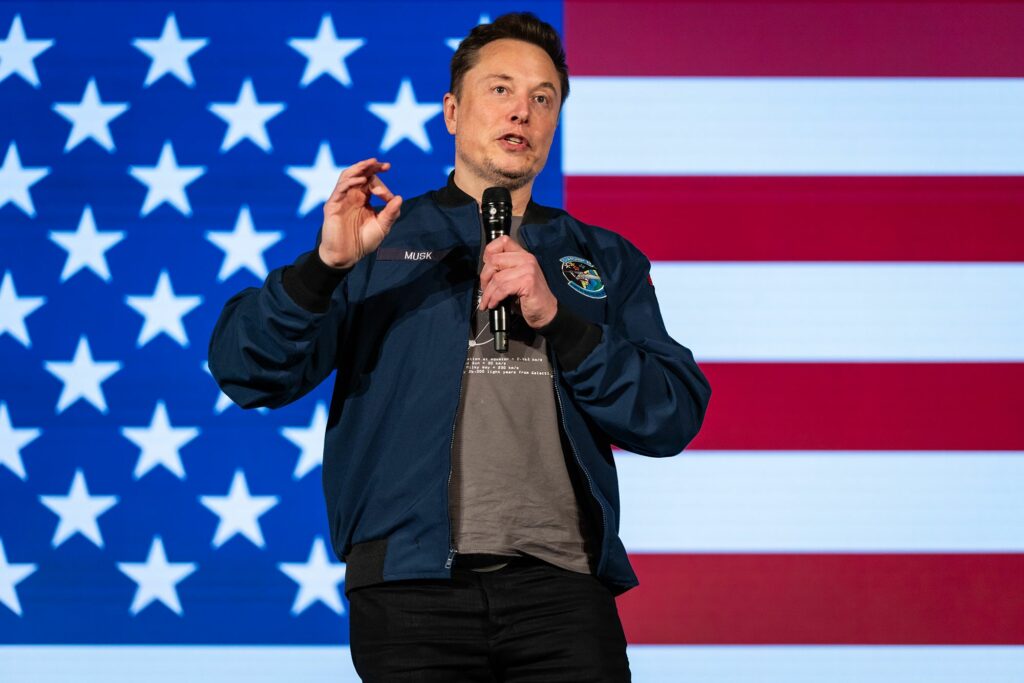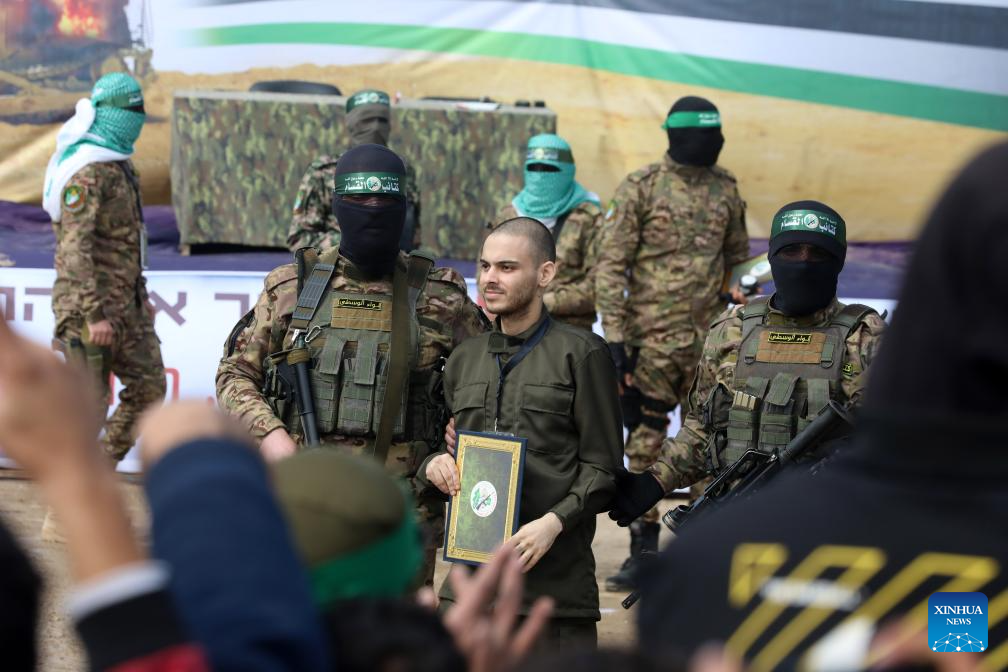Ghana goes to the polls on December 7, with some 2 days to the voting day. Voting will be followed by coalition of results and declaration of winner of the presidential election.
Twelve but likely candidates Mahamudu Bawumia, John Dramani Mahama, Alan Kyerematen, Nana Kwame Bediako, Nana Akosua Frimpomaa, Mohammed Frimpong and Kofi Akpaloo enter into adventurous presidential race to become Ghana’s next president. Arguably, for the first time in many elections, Ghana’s 2024 elections present most intriguing and complicated scenario in the history of Ghanaian politics. That is, for the first time, a ruling government is running at a pace to retain presidency beyond the standard two consecutive terms. The normality has been a party’s 8 years of governance and been substituted for a different political administration.
Former head of state Mahama running for main opposition National Democratic Congress and Vice President Bawumia for ruling party New Patriotic Party are the leading candidates for the presidential power.
The center-right New Patriotic Party has opened a bid to retain power for more than two consecutive terms in what the rulling party has dubbed ‘Breaking the 8’.
Who are the presidential candidates
From initial Thirteen but due to the death of Ghana Freedom Party’s runner Akua Donkor, Twelve candidates now will contest for presidential power in Ghana’s 2024 presidential elections. Mahamudu Bawumia comes into the election in NPP’s name, former president John Dramani Mahama is running for National Democratic Congress, Alan Kyerematen and Nana Kwame Bediako emanates as independent candidates, Daniel Augustus Lartey running for Great Consolidated Popular Party, Christian Kwabena Andrews running for Ghana Union Movement, Kofi Akpaloo for Liberal Party of Ghana, Mohammed Frimpong for National Democratic Party, Akosua Frimpomaa Kumankuma for Convention People’s Party, Hassan Abdulai Ayariga for All People’s Congress, Kofi Koranteng, George Twum-Barima-Adu and Nana Kwame Bediako all running as independent candidates.
Summary of parties and leading candidates
- New Patriotic Party- Mahamudu Bawumia
- Great Consolidated Popular Party- Daniel Augustus Lartey
- Ghana Union Movement- Christian Kwabena Andrews
- Liberal Party of Ghana- Kofi Akpaloo
- National Democratic Party- Mohammed Frimpong
- Convention People’s Party- Akosua Frimpomaa Kumankuma
- National Democratic Congress- John Dramani Mahama
- All People’s Congress- Hassan Abdulai Ayariga
- Kofi Koranteng- Independent
- George Twum-Barima-Adu- Independent
- Nana Kwame Bediako- Independent
- Alan John Kwadwo Kyerematen- Independent
Assessing NPP’s chances
The NPP has made a bold claim to break a government’s 8-year period of administration but may require special strategies to accomplish the agenda, and which if successful would spark the party into a first-hand historic achievement in Ghana elections. The NPP remains silent on their hidden strategies to capture power in the polls but there is strong obstruction from main opposition NDC party.
Opposition parties are working within capacities to stop NPP from achieving its elections ambitions including breaking the 8. Undoubtedly, the NDC is by fact the fiercest to threat NPP’s ascendence to power. Historically, both parties but in particular the NDC has been borrowers and refiners of plans and policies from NPP for national development.
For this reason, it is in high optimization the NPP play its strategies for power in deep silence during to election campaign to blindfold the NDC from copying. According to many sources, the former government launched the attempt know NPP’s strategies for power but barely identified them.
The NPP has not yet revealed those strategies either, but the party’s choice of Vice President Bawumia is a key pathway to presidential victory. Though obviously, the vice president was the candidate to be chosen by NPP to lead the party in the general elections but there are reports of internal deliberation to vote the Oxford-economist flagbearer of the liberal-conservative party’s November 2023 presidential primaries and to this far becoming a likelier candidate to win the December’s Ghana presidential polls.
The NPP’s choice of Bawumia is understood to create a full face-off with Mahama in the party’s attempt to split a northern zone NDC threshold in this election. Historically, NDC is dominant in northern Ghana due to the former government’s ethnographic connection with zone, and NPP analysis has revealed victory requires breaking NDC’s attachment in the territoy, with Bawumia, who also has strong ties in northern Ghana key.
In policy direction terms, NPP mainly through prominent economist Bawumia is understood to have proposed several plans, to be implemented if they win power, in what comes to extend the party’s running digitalization programme. The inclusion plans give the current administration an advantage over NDC, that is where powerful International government allies support these new mini digitalization plans.
International governments, institutions and independent observers play role in the results and integrity of a country’s electoral college, and though are likely to support Ghanaian government who will buy into foreign policies, the position of these institutions remain heavily asymptomatic.
With Ghana’s gradual economy recovery from years of crisis, affirmed by the International Monetary Fund (IMF), in their most recent, the third review of $3 billion Extended Credit Facility (ECF) program for the country and the World Bank, the international forces may want a visionary leadership which the current administrations’ track record reckons them.
On political campaign, there seems to be a match between the two leading parties as both have arranged a campaign ground rally on Thursday December 5 just two days to voting day.
NDC’s chances
To win power meant a multiple approaches for the NDC who are to stop NPP’s approach cycle (especially on silencing Bawumia’s presence in the country’s northern territory) and then establish their own strategies to power. There is no official report on the opposition’s strategies but Mahama’s party has been critical with series of demonstrations against key stakeholders of the electoral college and the current government.
One significant move was the party’s September protest on the voter roll irregularities that saw thousands of NDC party supporters protesting against the Electoral Commission demanding an independent forensic audit to rid the register of errors for free and fair elections. The protests were directed against Ghana’s electoral authority but the opposition claimed joint hand work of the EC and ruling party to cheat in the register. The EC has failed to respond to that claim making many Ghanaian voters tag the NPP government with corruption.
There is an emerging believe of NDC backed pressure group Democracy Hub’s demonstration across the capital in September, in reiteration to the current administration’s inability to deal with unemployment, mismanagement, hiked prices, injustices, shortage of local food production, nepotism and land use- galamsey leading to Ghana’s economic and financial crisis in the past few years. Since then, many interest-groups including galamsey workers, nurses, teachers and petty traders are willing to vote against the ruling government.
Ghana’s election trend also favours the opposition. In the last four years, NDC closely contested NPP in the presidential election. The opposition’s results of 47.36% against the incumbent’s 51.30% pulled a shocker due to a period the ruling government was so popular with peaked policies and plans. The party in power’s chances look slimmer in this election where they face a point of change after 8 years and there is currently no running policies in administration to influence voters.
The NDC’s chance may be confirmed by current national opinion poll. A Global InfoAnalytic opinion poll in October has predicted a 51.1% win for NDC’s John Dramani Mahama and 37.3% for vice president. Alan Kyeremanten, an independent candidate who broke from the ruling party during last year’s national primaries had 4.1%, Nana Kwame Bediako, another independent candidate also pulled 6.2% and others had 1.3%.
But earlier that month, The Outcome International’s national opinion poll had showed 49.4% lead for Bawumia and 45.1% for Mahama. If this is anything to go by, then Ghana presidential election may enter into run-off.


